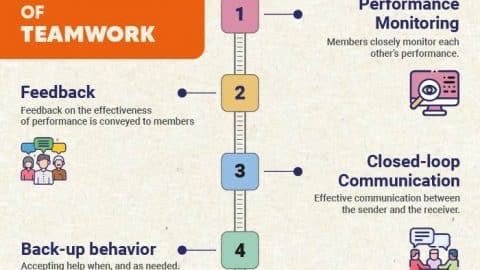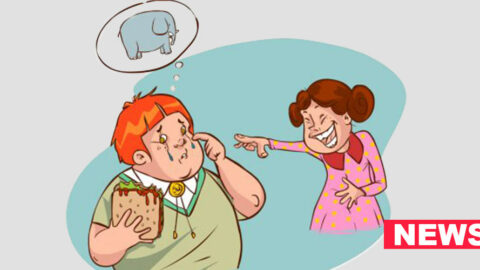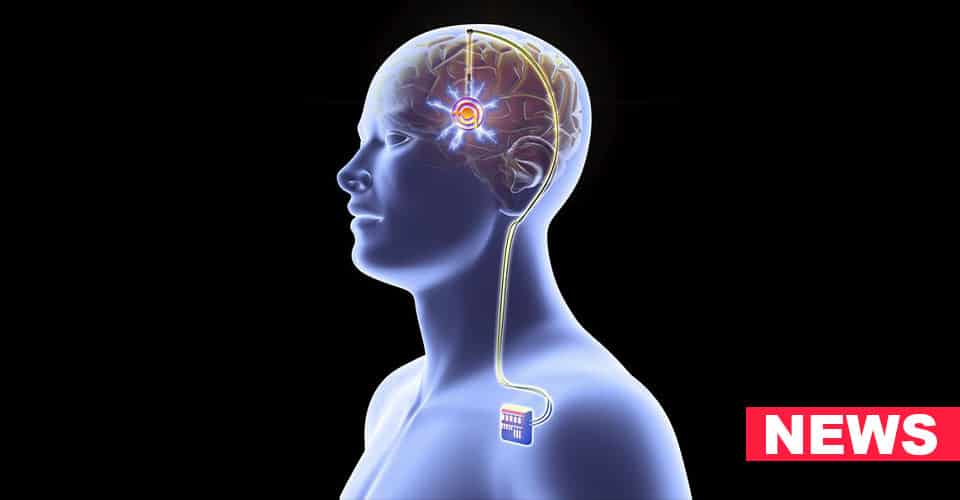In the aviation world, where safety is paramount and rigorous standards are upheld, the issue of mental health among pilots has been a longstanding concern. A recent incident involving Alaska Airlines has brought renewed scrutiny to this critical matter.
Pilots, despite facing immense stress and responsibilities, continue to grapple with the stigma associated with seeking mental health care, as the consequences can be career-altering.
The Alaska Airlines Incident
The incident that has reignited the conversation about mental health in the aviation industry centers around an Alaska Airlines pilot. The pilot, in the midst of a personal crisis, reached out for help to address their mental health concerns.
Seeking professional assistance is a responsible and essential step for anyone facing such challenges, but in the aviation sector, the story often takes a different turn.
One of the harsh realities in the aviation industry is the pervasive stigma surrounding mental health care. Pilots, who are entrusted with the lives of hundreds of passengers and the safe operation of multi-million-dollar aircraft, often find themselves reluctant to seek help for their mental health struggles. The fear of losing their job or facing career-ending consequences looms large, leading many to suffer in silence.
The role of a pilot is undeniably one of the most high-stress professions. The responsibility they shoulder is immense, requiring split-second decision-making and unwavering focus. In the face of such pressure, the mental well-being of pilots should be a priority, as their mental state directly impacts the safety of passengers and crew.
Yet, the prevailing culture has made it difficult for pilots to reach out for assistance without fear of reprisal.
In the United States, the Federal Aviation Administration (FAA) oversees the mental health requirements for pilots. The FAA enforces strict medical certification standards, and pilots are required to self-disclose any mental health conditions.
Any history of a disqualifying mental health condition can jeopardize a pilot’s certification, effectively ending their career. This regulatory environment, while aiming to maintain the highest level of safety in aviation, creates a significant deterrent for pilots seeking mental health care.
The Alaska Airlines incident has led to renewed calls for a change in the aviation industry’s approach to mental health. Advocates argue that it is essential to remove the punitive aspect of mental health disclosures.
By fostering a culture of open communication and providing pilots with the necessary support, the industry can address mental health challenges without jeopardizing careers.
Some airlines and organizations have recognized the need for a shift in culture. They are implementing programs aimed at reducing stigma and supporting pilots in seeking mental health care.
These initiatives include peer support programs, confidential reporting mechanisms, and mental health resources. The goal is to create an environment where pilots feel safe and encouraged to address their mental health concerns.
The issue of pilot mental health extends beyond national borders. Airlines and aviation organizations worldwide are beginning to acknowledge the importance of fostering a supportive mental health culture. Global collaborations and shared best practices are emerging to address this critical issue collectively.
Balancing the paramount need for safety in aviation with the well-being of pilots is a challenging endeavor. Experts argue that safety should always remain the top priority, but not at the expense of pilot mental health. It is possible to establish a framework that ensures both safety and support for pilots facing mental health challenges.
Addressing the issue of pilot mental health requires a multi-faceted approach. It involves regulatory changes that safeguard both safety and mental health, as well as shifting the industry culture to one of acceptance and support. This can be achieved through cooperation between airlines, regulatory bodies, mental health professionals, and pilot associations.
The Alaska Airlines incident is a poignant reminder of the challenges pilots face when it comes to mental health care. It is an issue that extends beyond one airline and affects the aviation industry as a whole.
By fostering a culture of acceptance and support, and by revisiting regulatory practices, the industry can protect both passenger safety and the mental well-being of those who ensure that flights operate smoothly.
The ultimate goal is to create an environment where pilots can seek mental health care without fear of professional repercussions, ensuring both safety in the skies and the welfare of those who navigate them.



























